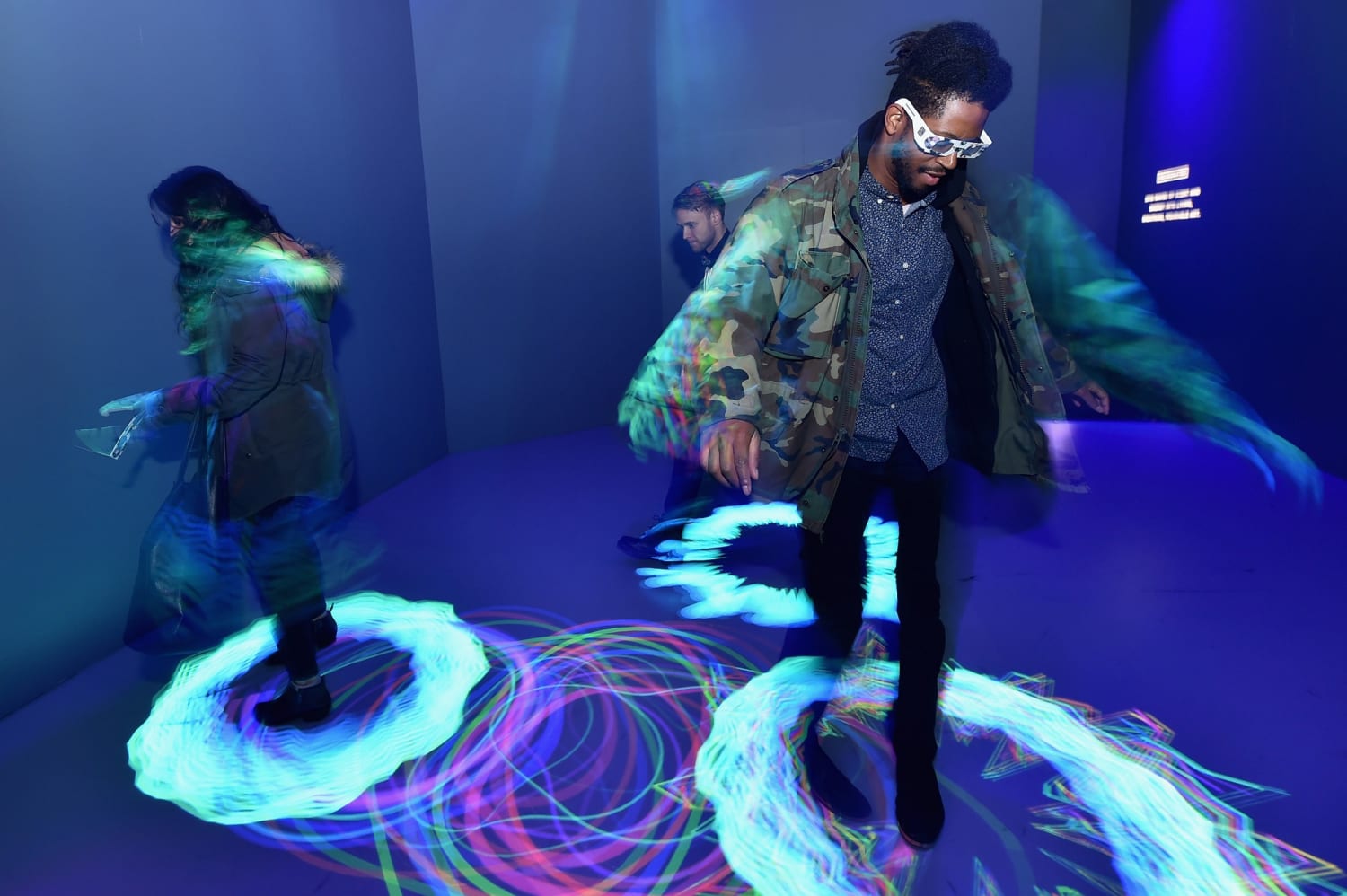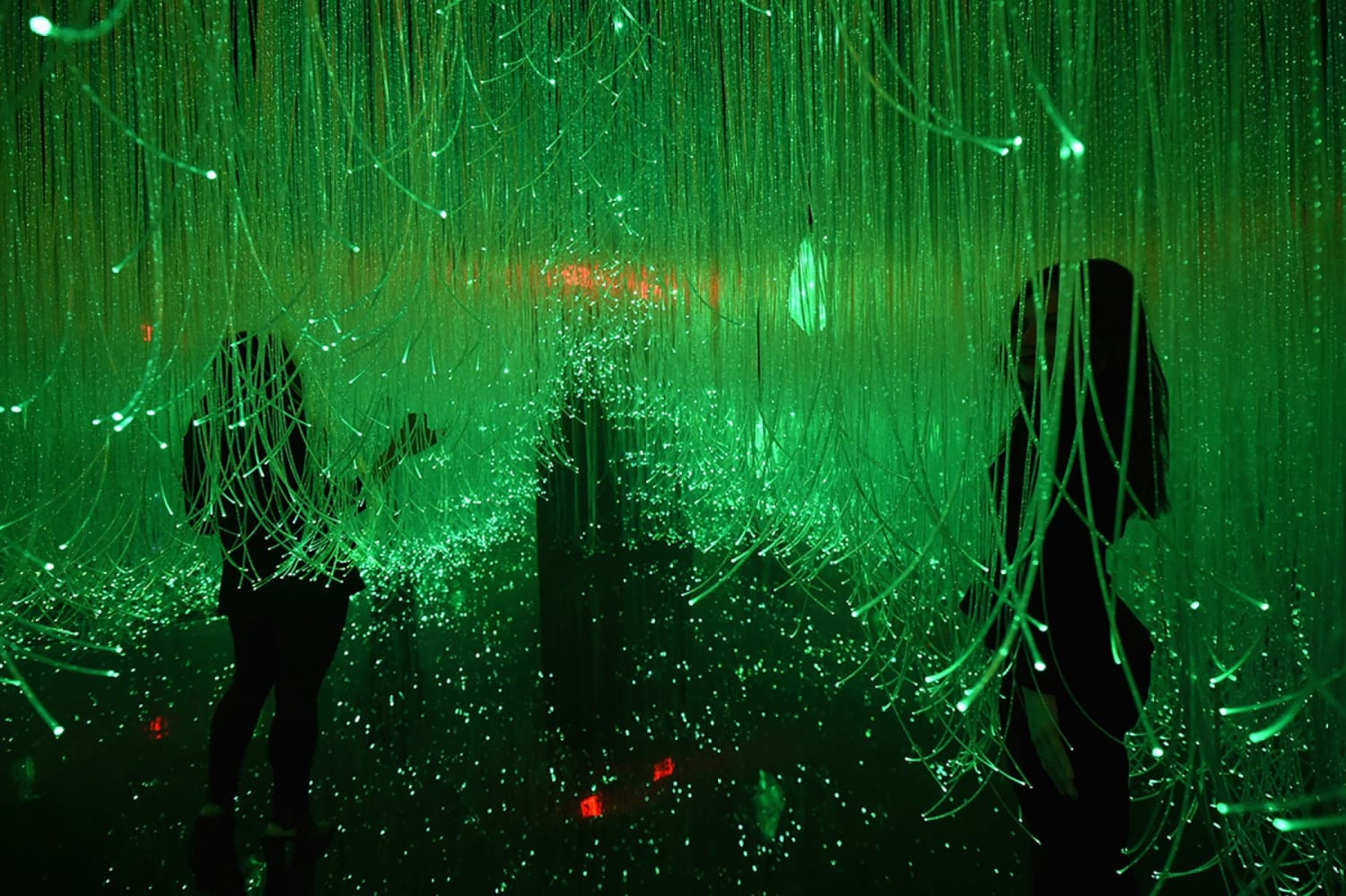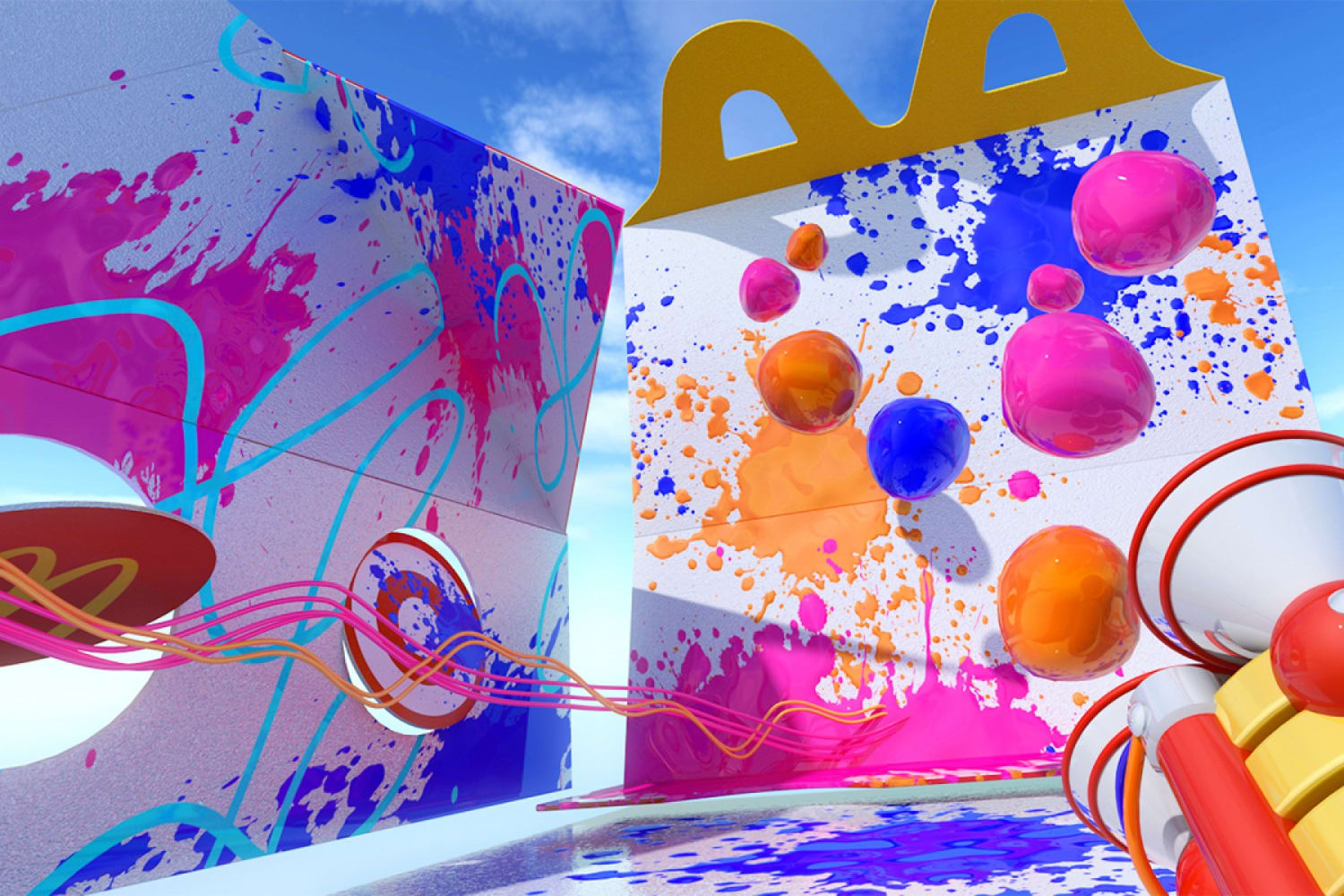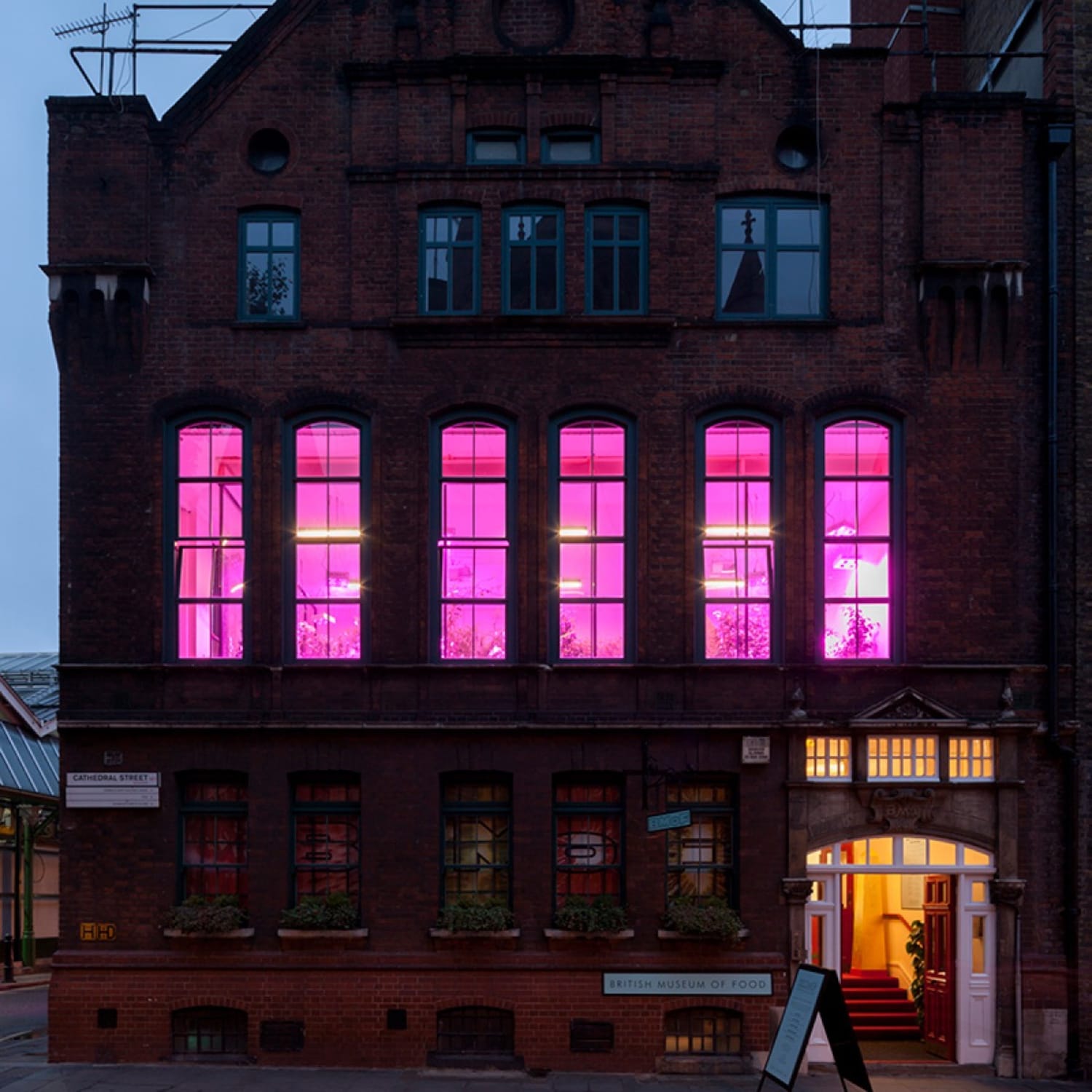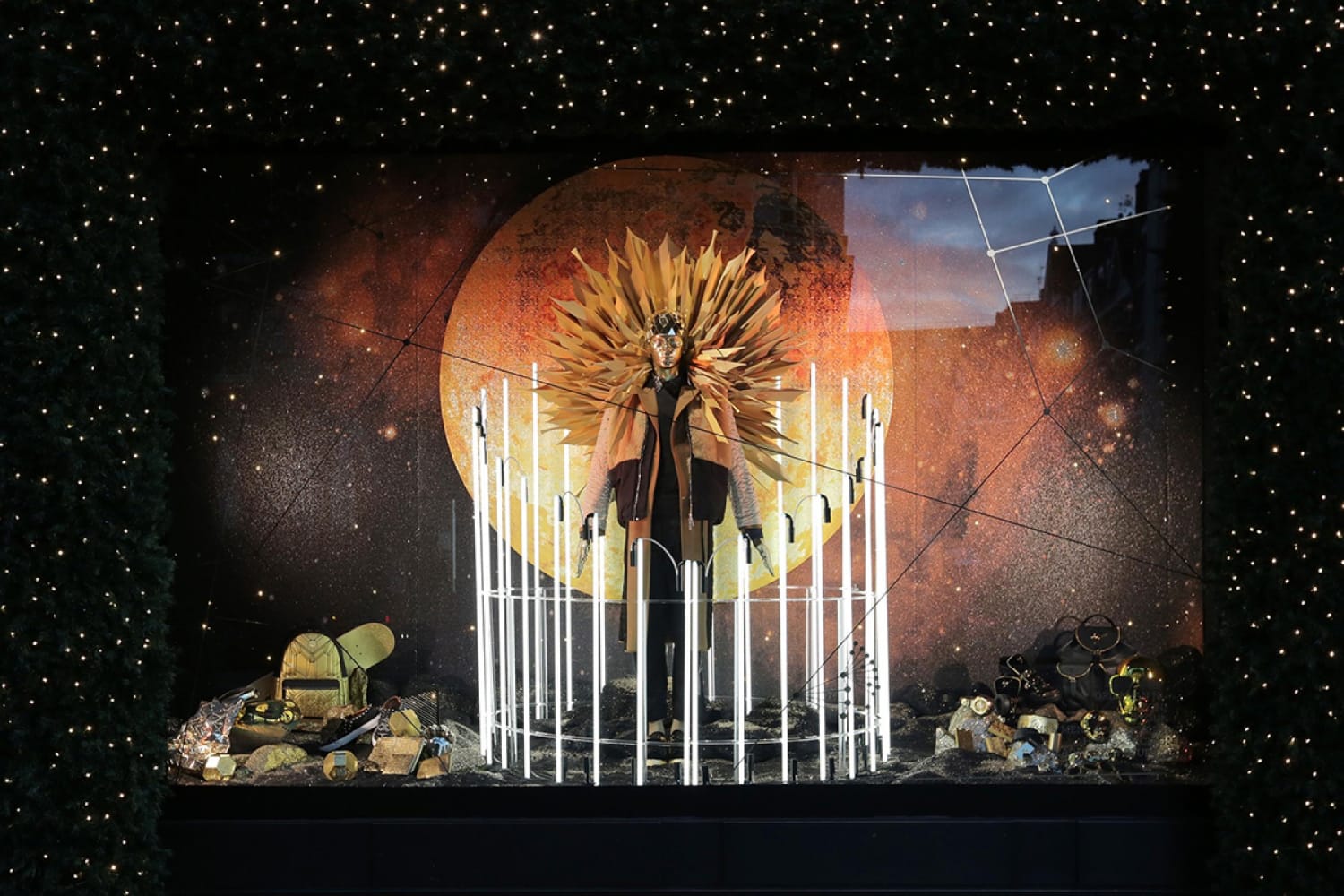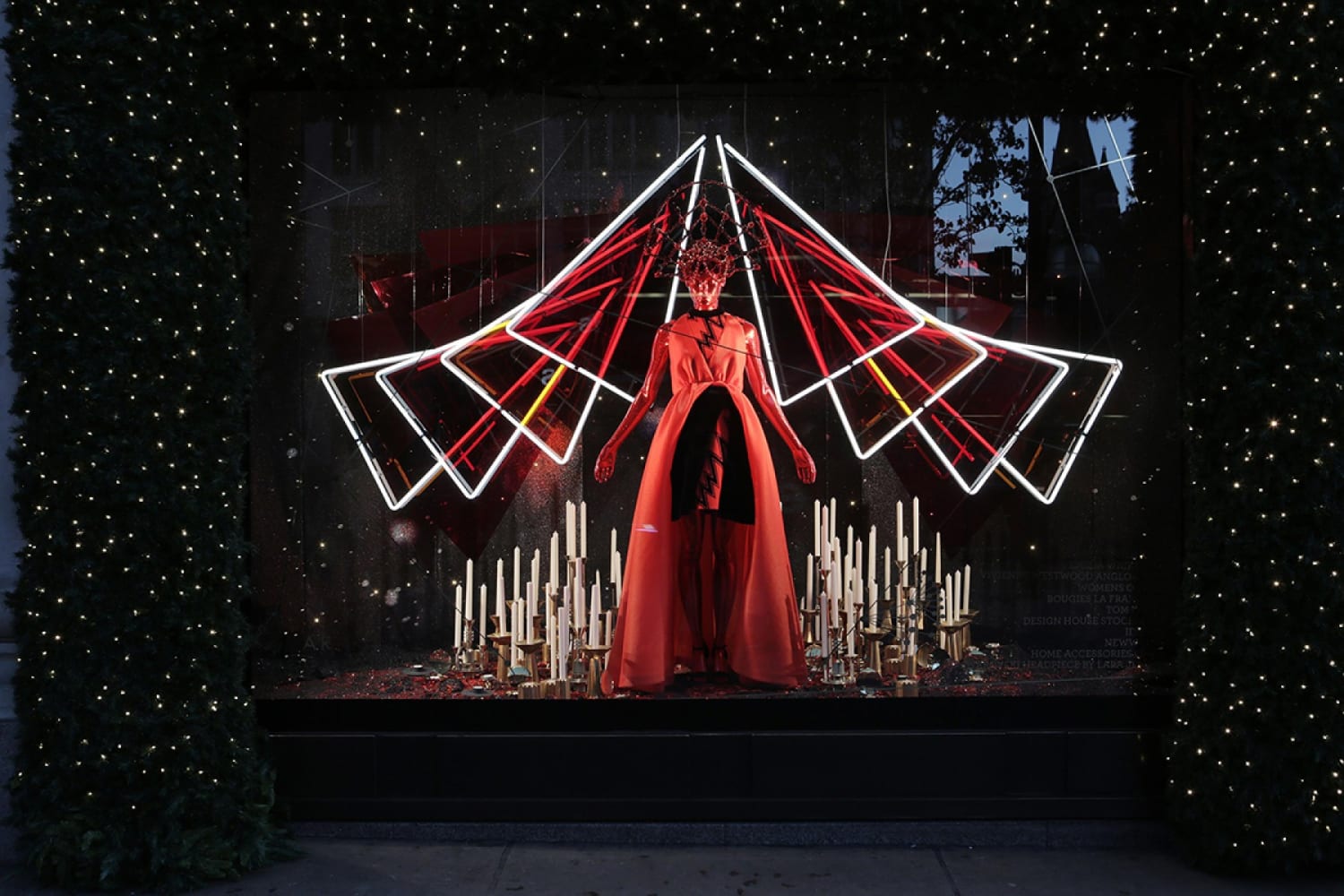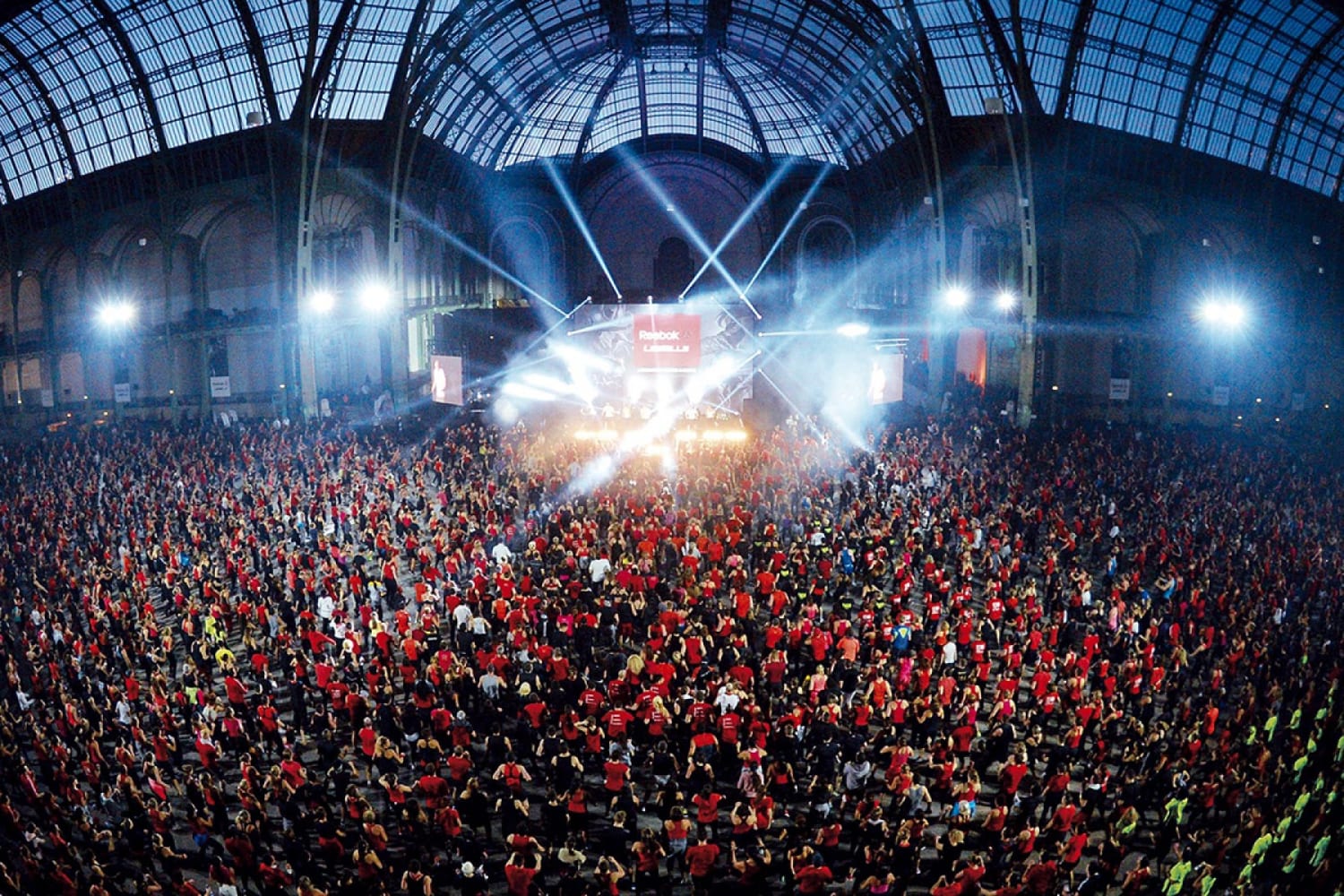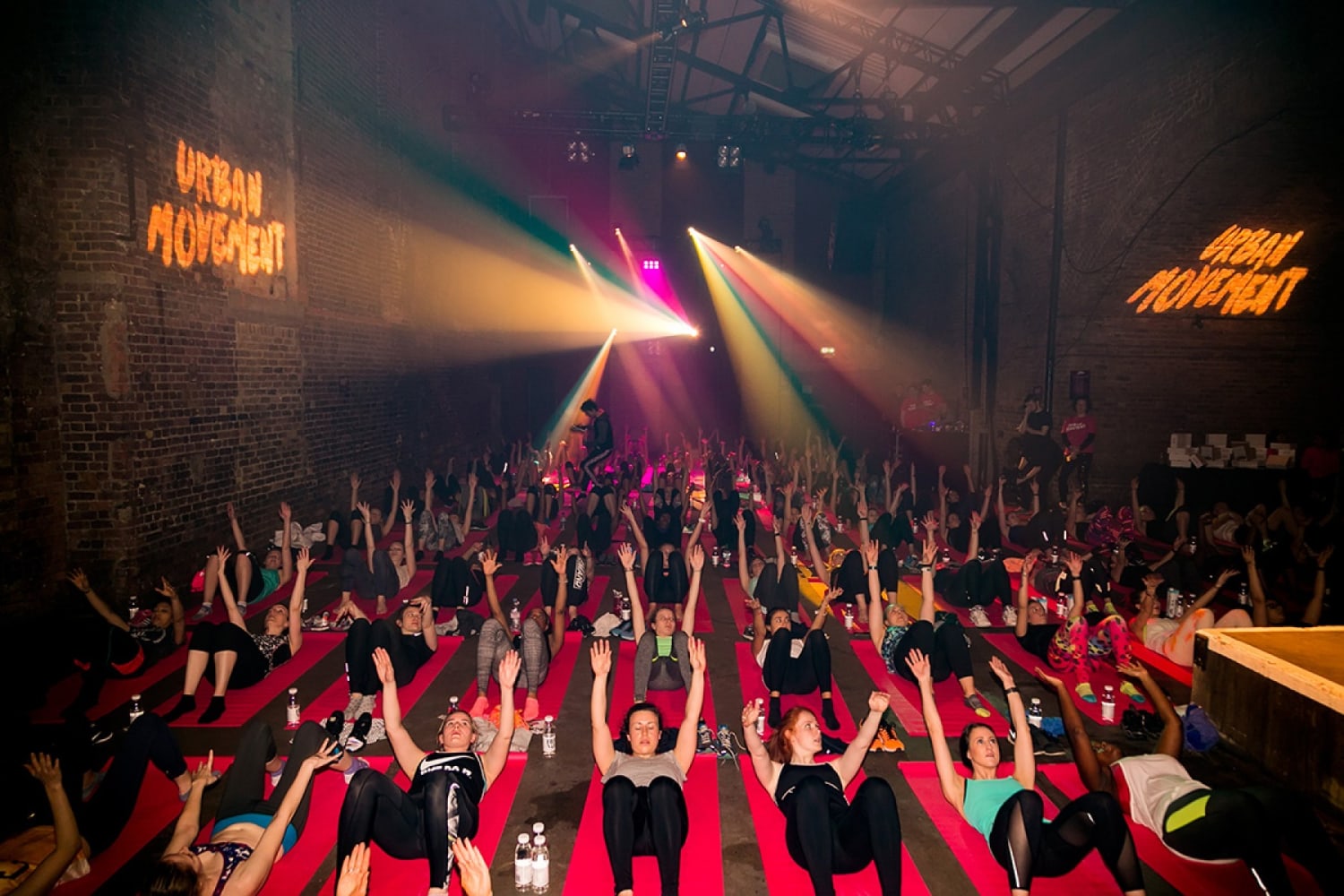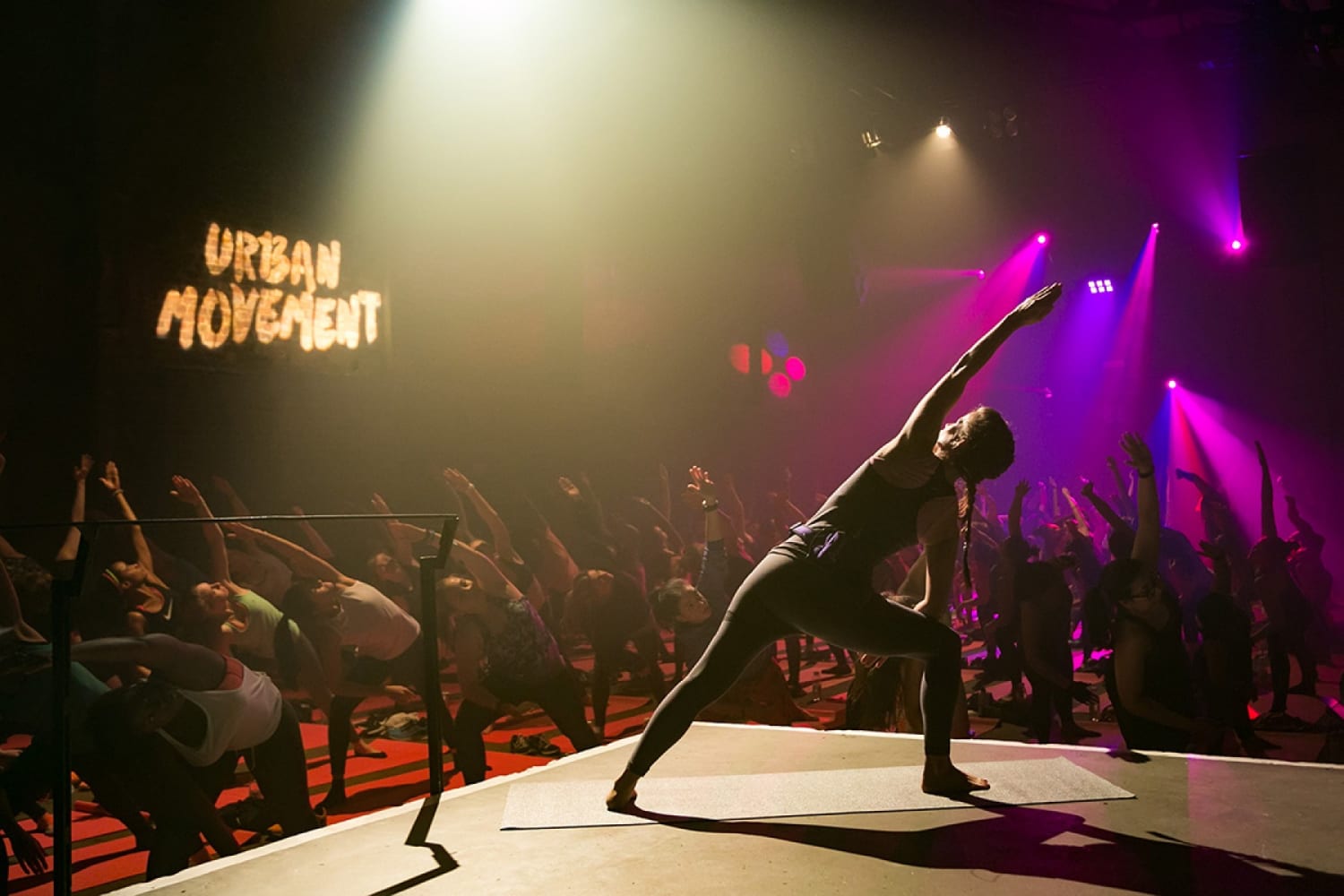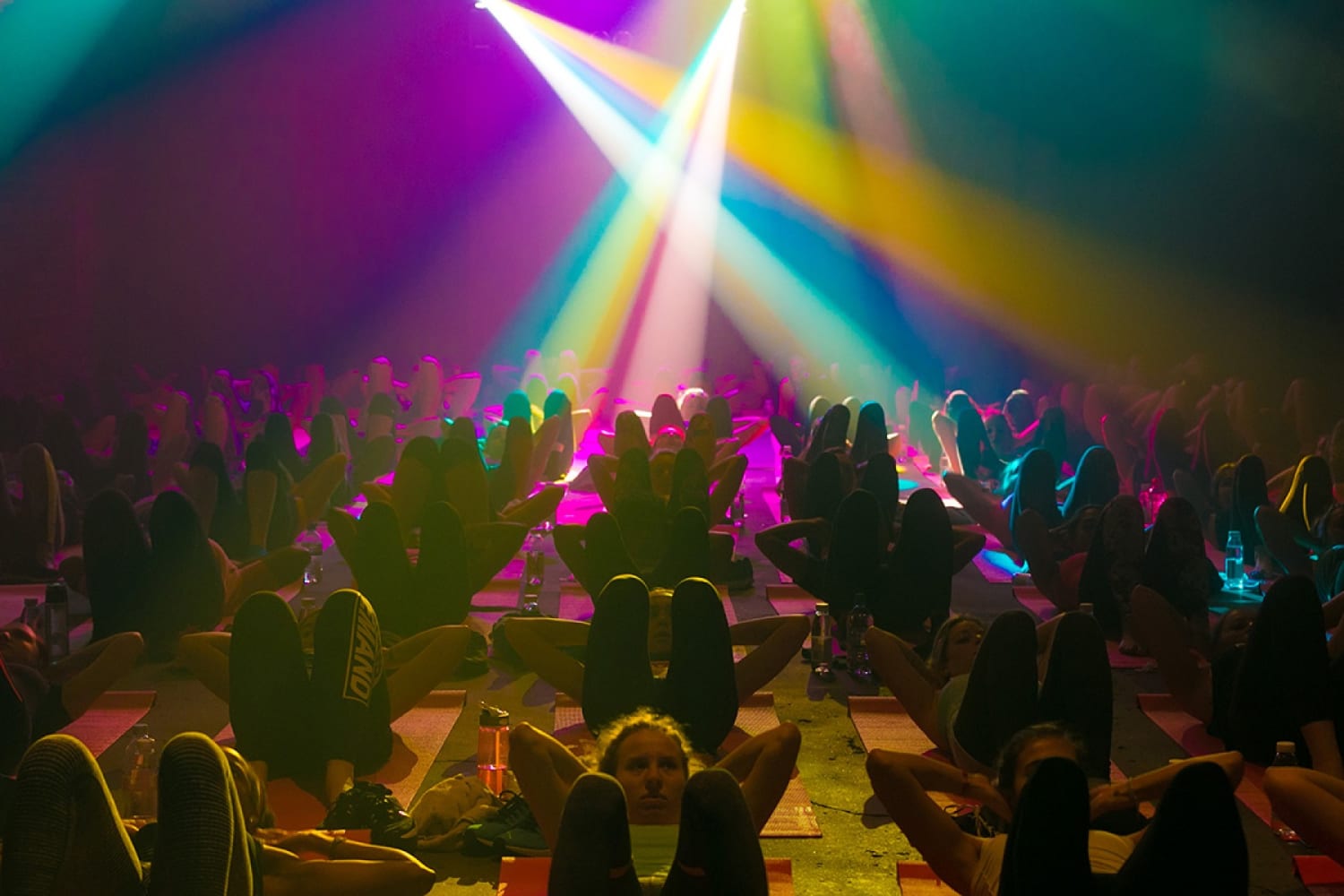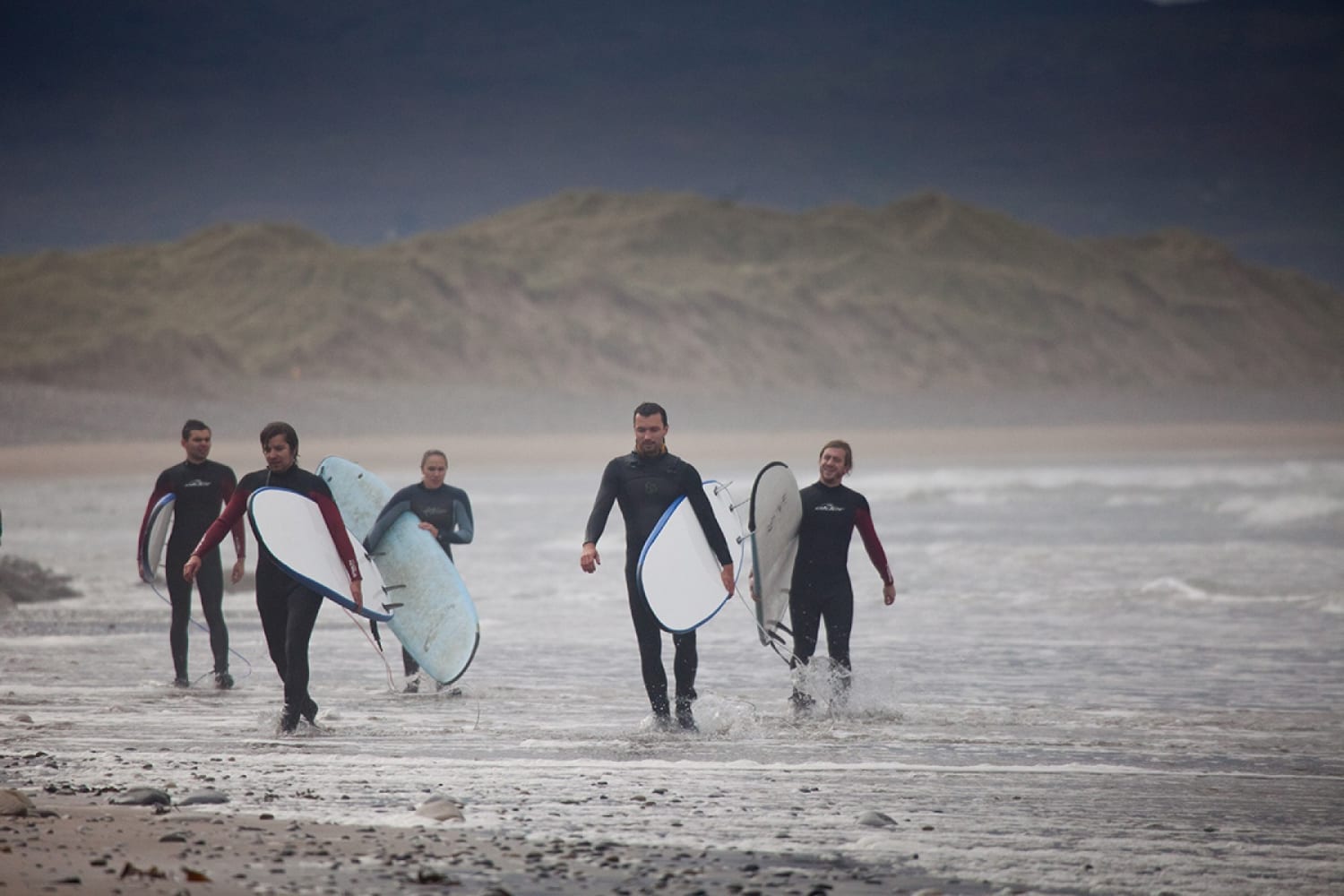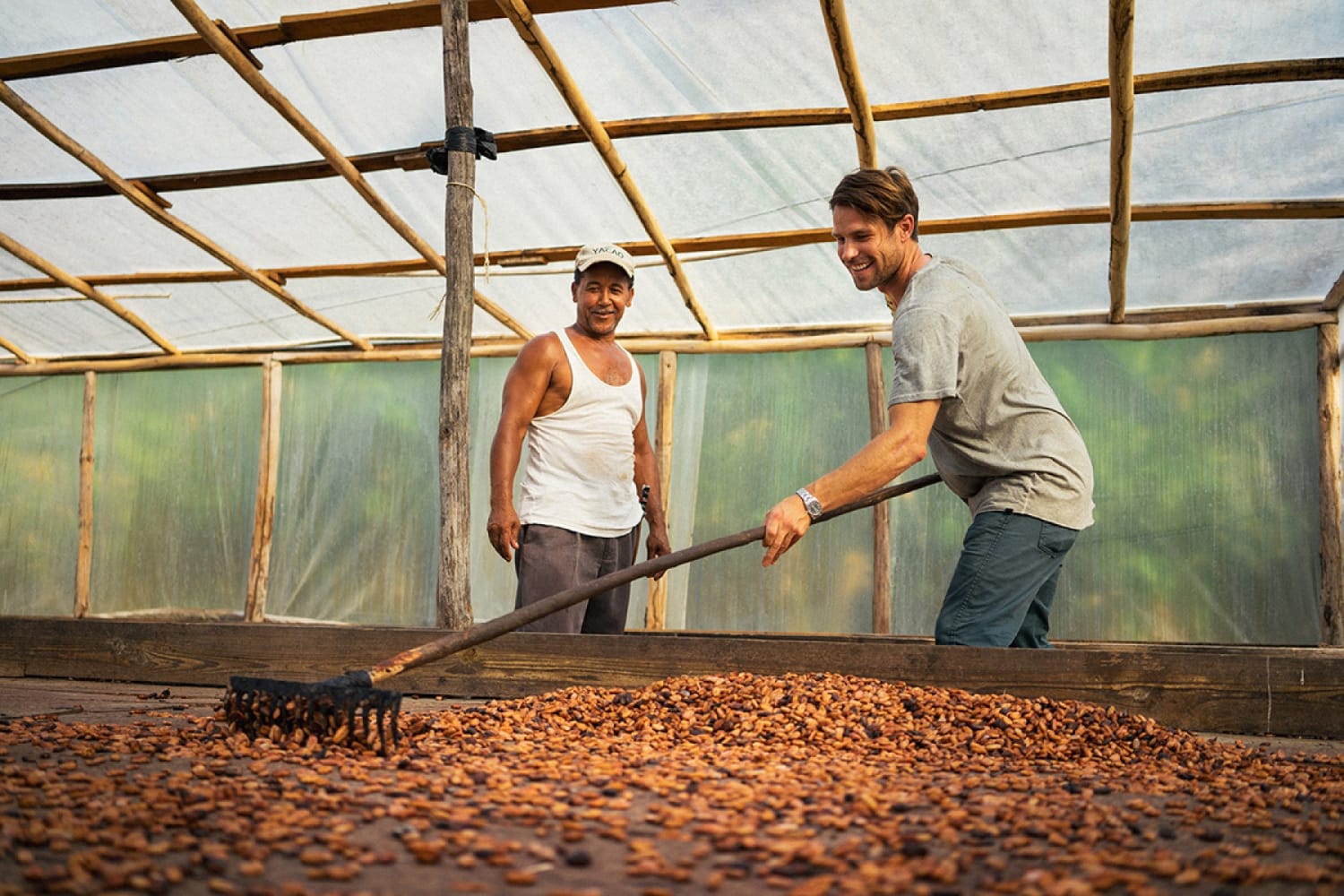From the Festival of Britain in 1951 to the anti-commercial festival movement of the Woodstock generation to the recent explosion of food and literary events, the festival has adapted and evolved markedly over the decades. The term has never been more diverse and difficult to define than it is today—a catch-all for all manner of events. A festival can be a one-day boutique event, a super gig, a summit for the intelligentsia, an urban street party, a fair or a fête.
The common thread through all of these variations of the festival and a key determinant of their success or failure is the experience that they provide. After all, experience is the ultimate status symbol for millennials, also known as generation Y. The millennials, aged 18 to 35, are the largest consumer generation since the baby boomers and are a crucial tool for brand engagement.
A study by Harris Poll and Eventbrite highlights the extent to which generation Y values experience and access over ownership: 78% would rather pay for an experience than material goods, compared with 59% of boomers (born 1946-1964). The survey analysis notes: “This generation not only highly values experiences, but they are increasingly spending time and money on them: from concerts and social events to athletic pursuits, to cultural experiences and events of all kinds.”



